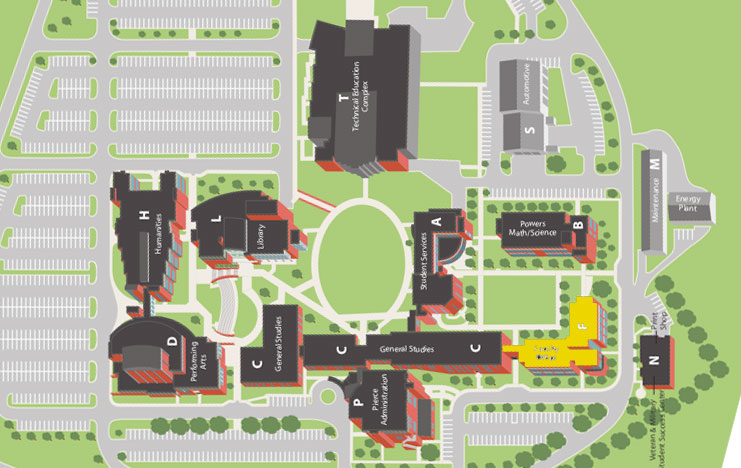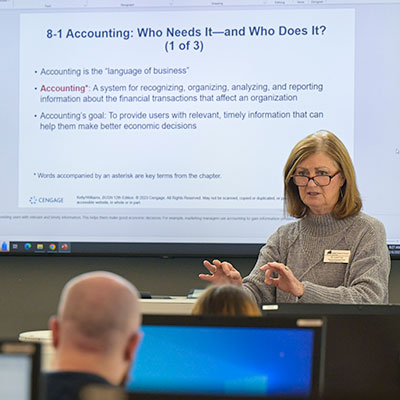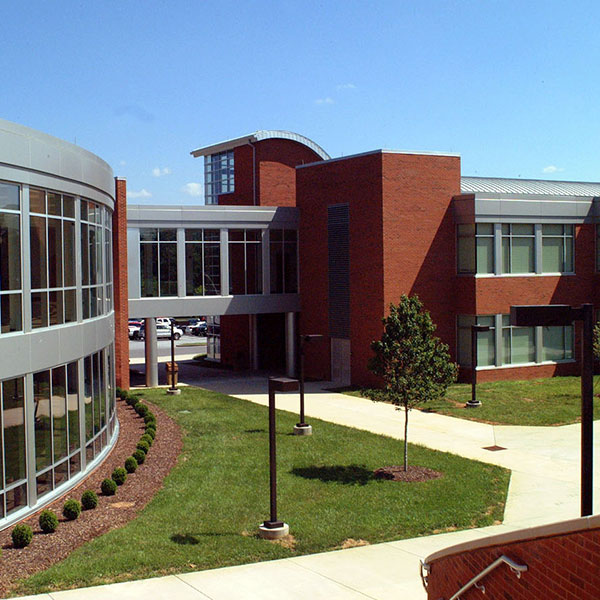Mathematics

The Mathematics division offers courses in mathematics and pre-engineering. Curriculum guides are available for students who plan to transfer to a four-year school and complete a bachelor’s degree in mathematics, several engineering fields, industrial technology, surveying and mapping, accounting, or business.
Faculty advisors assist students with planning for completion of a transfer program in any of these areas as well students who are undecided about their future degree and want to complete a University Parallel “general” major. Learning Support mathematics courses prepare students for college-level mathematics if placement scores indicate a need.
Mathematics Programs
Join the STEM_ARISE program
A free preparation program for proficiency testing for pre-requisite STEM courses.
Students could shorten time in math classes!

Would you like to shorten your time towards graduation which will save you time and money?
The STEM_ARISE program is a free online review of the math topics for the courses listed below to prepare you to take a proficiency exam to test out of the course. You do not have to participate in the STEM_ARISE program to try to test out one of these courses; however, it is the easiest way to refresh your math skills so that you do well on the test.
- Any Learning Support Math: Math 0030, Math 0010, Math 0050 or Math 0530
- College Algebra: Math 1130
- Pre-Calculus Algebra: Math 1710
- Pre-Calculus Trigonometry: Math 1720
Register for the STEM_ARISE program today!
If you have additional questions regarding the STEM_ARISE program or taking the proficiency exam, please contact tmmoody@northeaststate.edu.
Student Experience Video
Northeast State faculty and staff talk about their experiences as a First Generation college graduate and offer advice for other first-gen students.
The first few months there were tough. Until I kinda found a community and found friends, and it got a little bit easier.
What challenged me about being a first-gen student is returning to the classroom after fourteen years. I graduated high school, and twenty days later I was in boot camp in the Navy.
It was a different type of animal coming back after being in the real world, living abroad, and serving in the military.
Coming from a small high school where you knew everyone, then going to college with a hundred-plus students in the classroom — you don't know anyone, and nobody knows you.
I had an overall understanding of what college is about. But knowing what the role of an advisor is, and why I need to see an advisor often, learning about resources like the library — those were all foreign to me because I didn’t have anybody at home to talk to me about what to expect.
A lot of people feel like if they don’t have anyone in the household or anyone who’s been in school, then they can’t excel or do what their relatives before them haven’t — and that’s just not the case.
I remember at first having that impostor syndrome, where I felt like everybody else knows what they’re doing — I don’t. And then realizing later on that that’s normal, and that having confidence and saying, “I can do this. I know what I’m doing,” makes a difference.
Know that you are not alone. If you feel like no one understands how you feel, there are others who feel the exact same way.
Even if you feel like you don’t belong here — you really do belong here. This is a place where people care about you and want you to succeed.
Really harness your strengths to find out what you’re good at. Go after that. Find where you excel and what you’re passionate about. That will make it easier to be successful and make the ride along the way even better.
If you can find a buddy at the institution — whether it’s a student, faculty member, or staff member — that can help guide you, that’s very helpful.
Contacts and friends I made — I would’ve never met anyone from Nigeria. Yet I had a classmate from Nigeria, and we became good friends. That’s still a special memory for me.
Reach out to anybody and everybody you can. Attend orientation, get involved on campus, find a club or organization where you can meet people.
Make a commitment to the classes, the program, and the school. Because if you don’t put your whole heart into it, you’re not going to get everything out of it that’s there for you to acquire.
You have to get comfortable asking questions in class. You can’t be afraid to let someone know that you might be struggling.
We have so many resources — from free tutoring, to mentoring, to the personnel in the library, to gas cards and food certificates. We have so many things that can help you get through, from your basic physical needs to your academic needs.
Once I finished college and graduation came, it was like the entire family celebrated — grandparents, parents, aunts, uncles, cousins...
I have three children, and they are all grown. All three of them have their master’s degrees. I don’t think they would have ever done that had I not gone to college and been able to help them along the way.
Now, for my kids, the expectations I have for them are a little different than what my parents expected for me. I’ll be able to support them in a different way than my parents were able to.
Being a first-generation student meant everything for my family. It was a step forward for me to gain employment opportunities. But it was also a step forward for me to be an influence to our son.
It was really incredible to see how not only my success was impacted by my achievement, but my entire family’s success and story was also impacted.
Contact Us
Malissa Trent
Dean of Mathematics, Director of Learning Support
HH234
423-354-2521
mbtrent@northeaststate.edu
Tanja Moody
Executive Assistant, Mathematics
423-323-0219
TMMoody@NortheastState.edu

The Mathematics offices are located in building F (Hamilton Hall) on the Blountville campus.





Connect with Northeast State